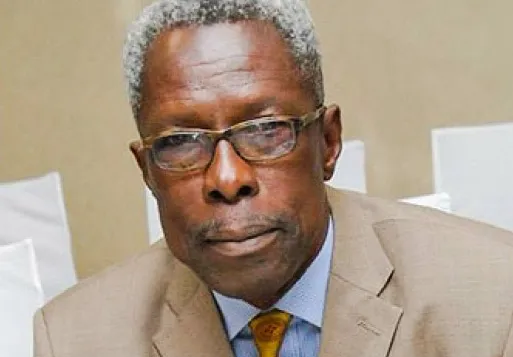
As a Security Analyst and Executive Secretary of the Global Security for Africa Research and Good Governance (GLOSARGG), I offer the following expert recommendations in response to the recent road blockade by a Nigerian businessman, along with some gunmen, near the Jubilee House, which serves as the presidential palace of Ghana.
1. Immediate Response Measures:
-
Reinforce Security Perimeter:
It is crucial to immediately tighten the security perimeter around the Jubilee House and other key government institutions. This should include deploying additional security personnel, installing advanced surveillance systems, and establishing reinforced checkpoints at strategic locations. -
High-Alert Status:
All security agencies must be placed on high alert, especially in the capital and regions hosting critical government operations. -
Investigative Task Force:
A rapid-response joint task force, composed of intelligence, police, and military operatives, should be formed. The task force will focus on identifying any potential attackers or assailants, uncovering their networks, and assessing their motives and capabilities.
2. Public Communication and Psychological Security:
-
Crisis Communication:
The government should issue a clear, calm, and factual public statement to maintain national stability and prevent panic. Transparency and consistent updates are vital in fostering public trust. -
Media Engagement:
All information regarding the road blockade must be driven by verified sources. I recommend regular press briefings to counter rumors and misinformation, as well as to encourage public vigilance and cooperation.
3. Strategic Innovations and Policy Recommendations:
-
Intelligence Reform and Coordination:
This incident highlights the need for stronger coordination among intelligence agencies. Human intelligence capabilities should be prioritized, particularly in urban centers and other strategic areas. -
Threat Mapping and Early Warning Mechanisms:
Authorities should update the national threat assessment, identifying vulnerable zones and enhancing early warning systems to mitigate future risks. -
Political Context Analysis:
It is essential to analyze whether this act of hostility stems from political dissent, terrorism, or criminal enterprise. A well-informed diagnosis will guide both security responses and potential diplomatic actions.
4. Long-Term National Security Measures:
-
Security Sector Reform (SSR):
An urgent review of the national security strategy is needed, particularly with respect to protocols for VIP protection and securing critical infrastructure. -
Police-Community Forum (PCF):
Strengthening collaboration with local communities will improve intelligence gathering and foster a more proactive security approach, rather than relying solely on reactive measures. -
Multinational Cooperation:
I strongly recommend enhancing engagement with international partners to leverage their expertise in counterterrorism and urban defense strategies.
Conclusion:
GLOSARGG emphasizes that this tragic event should serve as a wake-up call to strengthen our institutions, enhance intelligence gathering, and build resilience against emerging security threats.
Francis Ahovi
Executive Secretary
Global Security for Africa Research and Good Governance (GLOSARGG)



